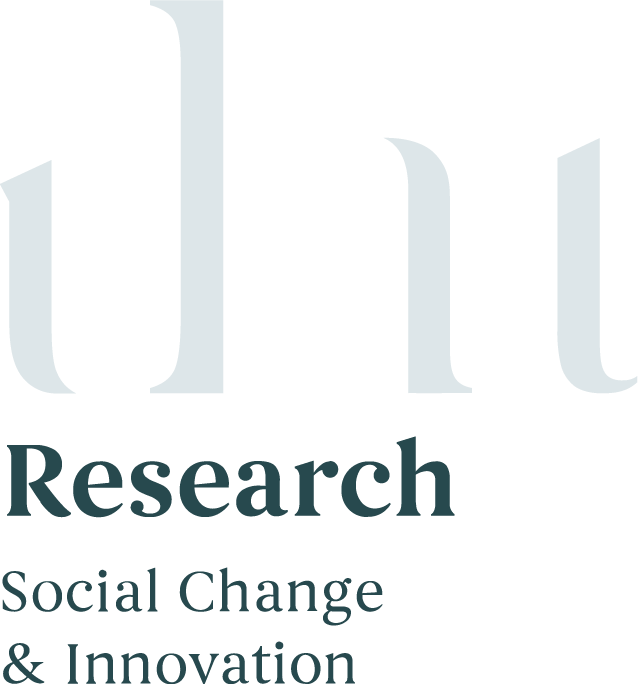Bros for Change
Project Background
Developed by former New Zealand Māori and New Zealand Rugby League player Jaye Pukepuke, the purpose of Bros for Change is to give young people who have been labelled as difficult and challenging, a second chance to create real change through real talk with real people. Bros for Change was established to create self-esteem, self-awareness, self-respect and self-management and role models for the next generations from young people in intermediate school right through to more serious youth offenders. As a catalyst for positive change ensuring everyone reaches their full potential, regardless of their background, Bros for Change uses a strong sense of culture and identity to form the basis of its programme. By using the protocols of Te Ao Māori the programme helps to break down barriers and build strong relationships through encouraging respect for both the participants and the facilitators.
What we did
This evaluation was conducted in October 2018 with the purpose of describing some of the key outcomes being achieved through the programme and support continued programme improvement.The qualitative case study described in this report, investigated the impact of a unique male mentoring programme developed by ‘Bros for Change’ on young boys whose behaviour was described as challenging and disengaged from school. The central objective of the study was to investigate how the programme worked to create change, and the nature of the impact on the boys who participated. An additional objective was to find ways to strengthen the work undertaken by Bros for Change, and ultimately the positive impacts for the boys and their whānau/families.
Semi-structured interviews were undertaken with eleven participants involving different stakeholder groups. These included boys who had participated in the Tīmatanga Hou programme as well as whānau/parents, teachers/social workers and programme facilitators. Key documents related to the kaupapa/purpose of the programme were also reviewed. Quantitative data related to boys’ enrolment, attendance, graduation and drop-out rates were also analysed. Comparing and contrasting different data sets enabled triangulation of key findings (Merriam, 1998).
Outcome
Findings indicated that the programme provided a culturally responsive, male strengths-based approach that facilitated improved behaviour, self-esteem and engagement for the boys who engaged. Analysed evidence highlighted the significant behavioural changes as a result of boys’ participation in the programme, which was described as both challenging and supportive. Results suggested key behavioural changes included improved confidence and self-belief, improved attendance and engagement at school, improved ability to think critically about own behaviour and adjust accordingly, increased goal setting and direction in life. Although the research sample from this present study is small, the findings are consistent with the best evidence about the importance of effective, culturally responsive relationships for Māori children and adolescents (Alton-Lee, 2003; Berryman & Ely, 2018; Hynds et al., 2016; Savage et al., 2014).
It is important to share the impact and success of the Bros for Change, Tīmatanga Hou programme with other social agencies who are working to improve the engagement, achievement and wellbeing of the boys. The unique, culturally-based male mentoring approach embedded within the Tīmatanga Hou programme provides an important and effective method for strengthening general wellbeing and engagement of boys at risk of dropping out and failing at school. Continuation and extension of the current programme is highly recommended.
"I was one of the parents who spoke at the graduation, just to acknowledge Bros for Change and what they have done for me and my son. I wanted to acknowledge the change I could see in my son, the pride, the difference in him and his attitude. It was really emotional for me to see he was being supported."
-Mother of a participant in Bros for Change
Find out how we can help you
We’ll work with you to find out what’s working, where investment could be put to best use or how to improve anything not going to plan. We can help you define success and set tangible, measurable goals. And we talk in real language so you can understand and engage with the findings. We engage with the community to conduct community research and consultations for private companies, trusts, government agencies, NGOs and more. But we have a special interest in research that has a purpose - to better society and teach lessons. We aim to help those we work with build capacity to enact positive change.


